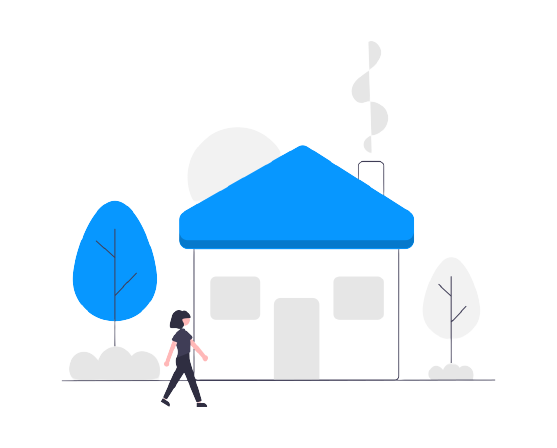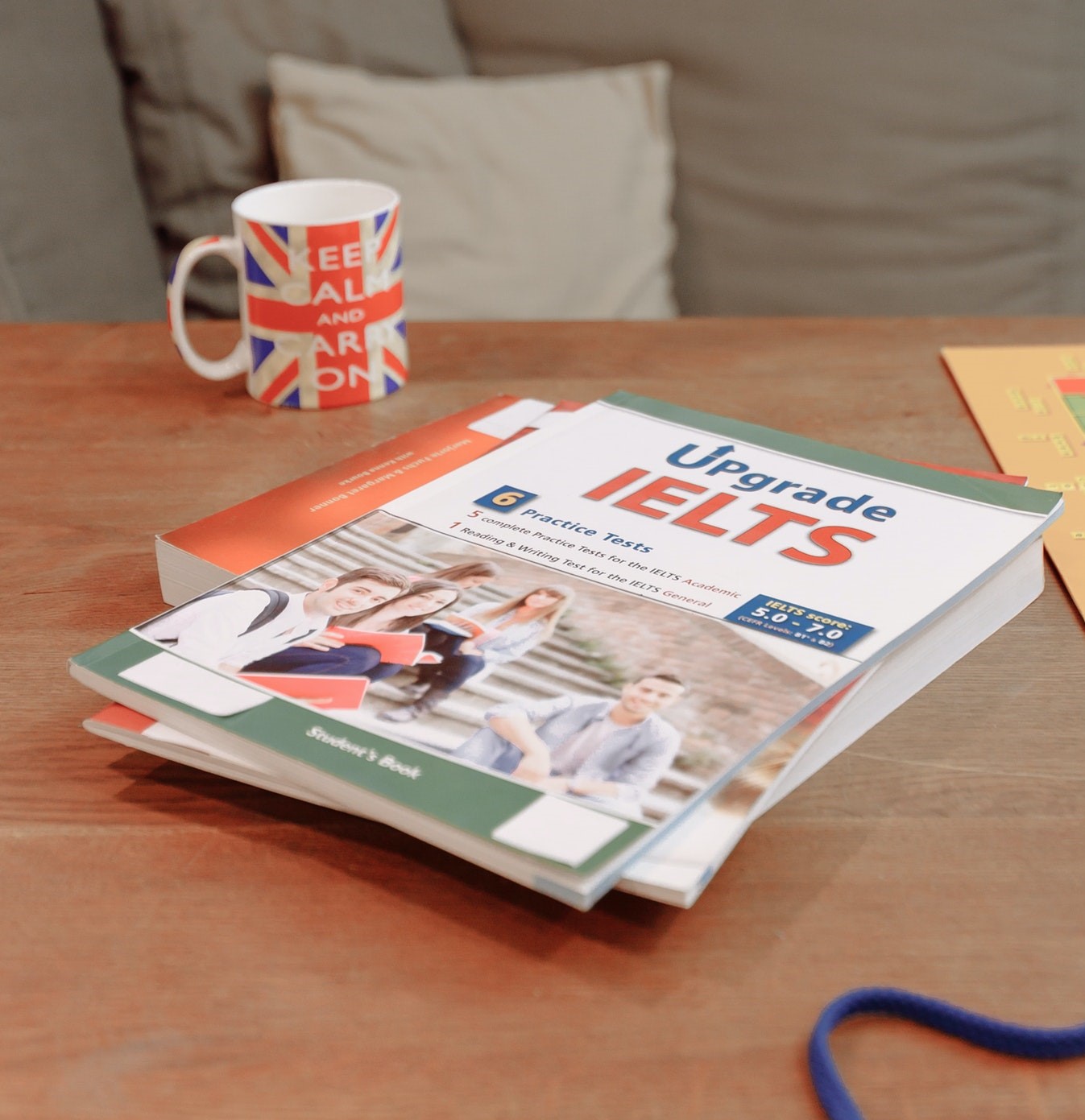Describe something you did to learn another language – IELTS speaking
Describe something you did to learn another language.
You should say:
- What language did you learn.
- What you did.
- How did it help you learn the language.
And explain how you felt about it.
 “I’ve always had a great interest, and fascination with anything related to Japan, especially Japanese manga comics and movies….so, about 2 years ago I decided that I’d try to learn the language, and also made a plan to visit Japan someday.
“I’ve always had a great interest, and fascination with anything related to Japan, especially Japanese manga comics and movies….so, about 2 years ago I decided that I’d try to learn the language, and also made a plan to visit Japan someday.
Although I’d picked up some Japanese words, and phrases from watching movies and cartoons over the years, I still needed to start learning the language from scratch, and was at sixes and sevens on where to start. One of my friends who actually studied Japanese in college, recommended a youtube channel to me, which is hosted by a native Japanese teacher, and I decided to give it a shot.
The video lessons were wonderful, and I found that I was able to start picking up the language very quickly, from the very first lesson, with the added bonus that it was all free! The teacher was wonderful, and really helped make learning the language a lot of fun, as well as getting me off to a flying start, and after just a few weeks, my Japanese started to improve by leaps and bounds.
The time flew by, and after just 6 months, I was actually able to have a basic conversation in Japanese which I felt extremely happy and proud of, and actually got to visit Japan about six months ago, which was absolutely amazing, especially as I was now able to communicate with the locals….all thanks to this amazing youtube channel.
Thank you …”
Idioms
- To pick up
To learn a new skill
“After moving to the UK, he started to pick up the language quickly.”
- To start from scratch
This means to start something from the very beginning, or to start from the beginning again.
“She accidentally deleted her assignment from her computer, and had to start all over again from scratch.”
- To give it a shot
To try and do something that is maybe difficult or to try and do something the best you can.
“Although it’s extremely difficult to be accepted to Harvard, I’m going to give it a shot.”
- A flying start
 To get a really good start on something, and quickly make good progress.
To get a really good start on something, and quickly make good progress.
“The new restaurant got off to a flying start, and was busy every night in only the first week.”
- Leaps and bounds
To make fast progress or improvement in something.
“His new maths tutor helped him to improve by leaps and bounds in a short time.”
- Time flies
When it seems that time has gone very quickly.
“Time flies when you are having fun.”
“Wow! It’s 10 years since I last saw you…. Time flies.”
38 great idioms for study and work
Describe something you did to learn another language – part 3
Do many people in your country speak a second language?
“Yes, learning a second language has become more and more popular in Vietnam in recent years. Most parents start to encourage their children to start learning english from a very young age, and it’s an international language, english is now a compulsory subject in schools. What’s more, learning a second language often gives job seekers an advantage when applying to international companies, or for students who want to study abroad.
On top of that, many people are now starting to learn a third language such as Chinese, Japanese and korean as these countries are close to Vietnam, which again can be very useful in the workplace.”
Do you think it gets easier or more difficult to learn another language as we get older?
 “Personally I think it gets more difficult to master a language the older we get, and that the easiest time to learn a new language is when a young child. I think kids are more easily motivated, through their parents encouragement, exams and of course a desire to communicate with others.
“Personally I think it gets more difficult to master a language the older we get, and that the easiest time to learn a new language is when a young child. I think kids are more easily motivated, through their parents encouragement, exams and of course a desire to communicate with others.
Having said that I think adults have some advantages, such as technology and techniques not available to young children. I guess it’s maybe more natural for children to learn a new language….however an adult has more life experience, so perhaps learning a language just becomes different with age, rather than more difficult.”
Has the internet changed the way we learn a language?
 “In my opinion the internet has totally changed the way we learn a language, and there are now an incredible number of resources available online , giving people so many different options and techniques to learn a second language.
“In my opinion the internet has totally changed the way we learn a language, and there are now an incredible number of resources available online , giving people so many different options and techniques to learn a second language.
Furthermore, the internet has not only made learning another language accessible to the masses, but it has also made it a lot more affordable to learn a language than in the past. There are so many free resources for learning a language on the web that it’s now possible to study a new language for free, which is pretty amazing.”
Do you think it’s important for children to learn a second language?
“Yes, I believe it’s very important for every child to study another language, and I think it’s something that will always be of a benefit to a child. I remember reading that bilingual children have proven to be better at things such as multi-tasking or problem solving. Furthermore , learning another language can create more cross cultural awareness, which I feel is very important today.
What’s more, language skills certainly open more doors, and students will have options to study abroad, as well as more higher paying job opportunities in their future. So, yes, I think that it’s extremely important for children to learn a second language.”
More links to part 2 and part 3 IELTS speaking example answers
Describe a time you were very busy
Describe a quiet place you like to go – IELTS speaking
Describe a surprise that made you happy-IELTS speaking
Describe a competition-IELTS speaking
Describe a difficult decision you made-IELTS speaking
Describe a traffic jam – IELTS part 2



































